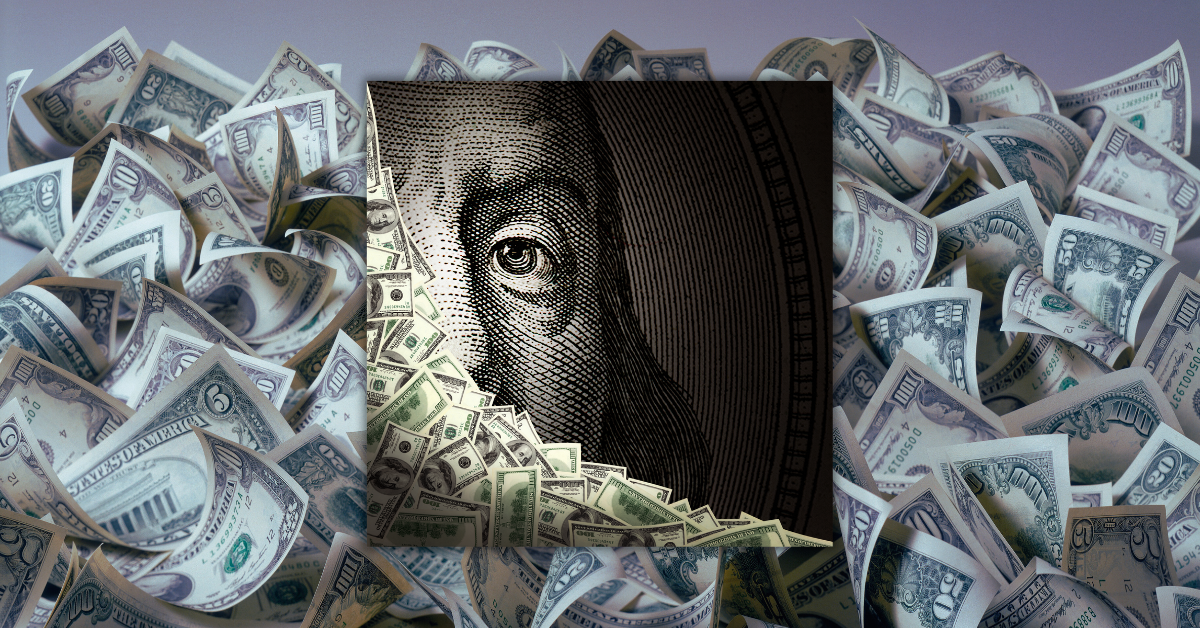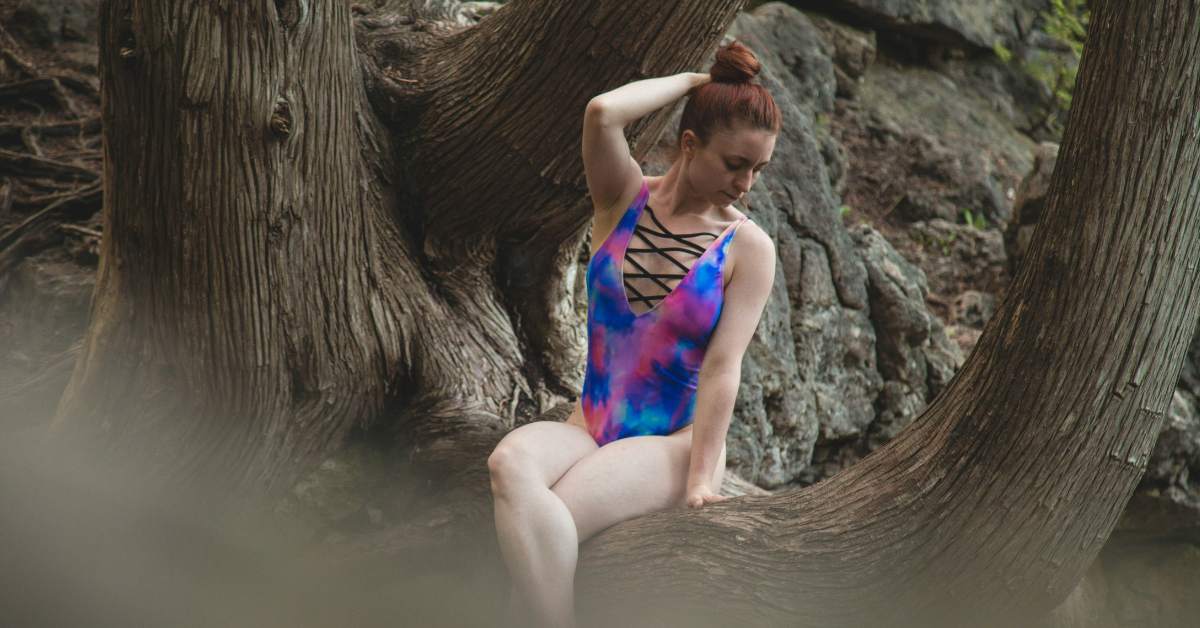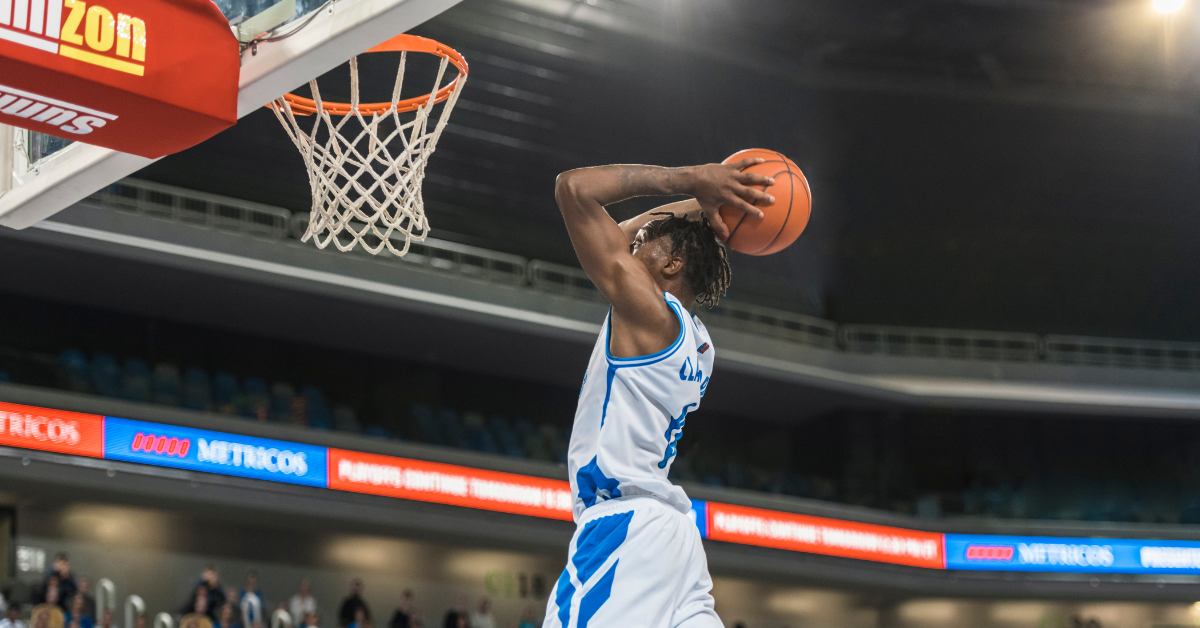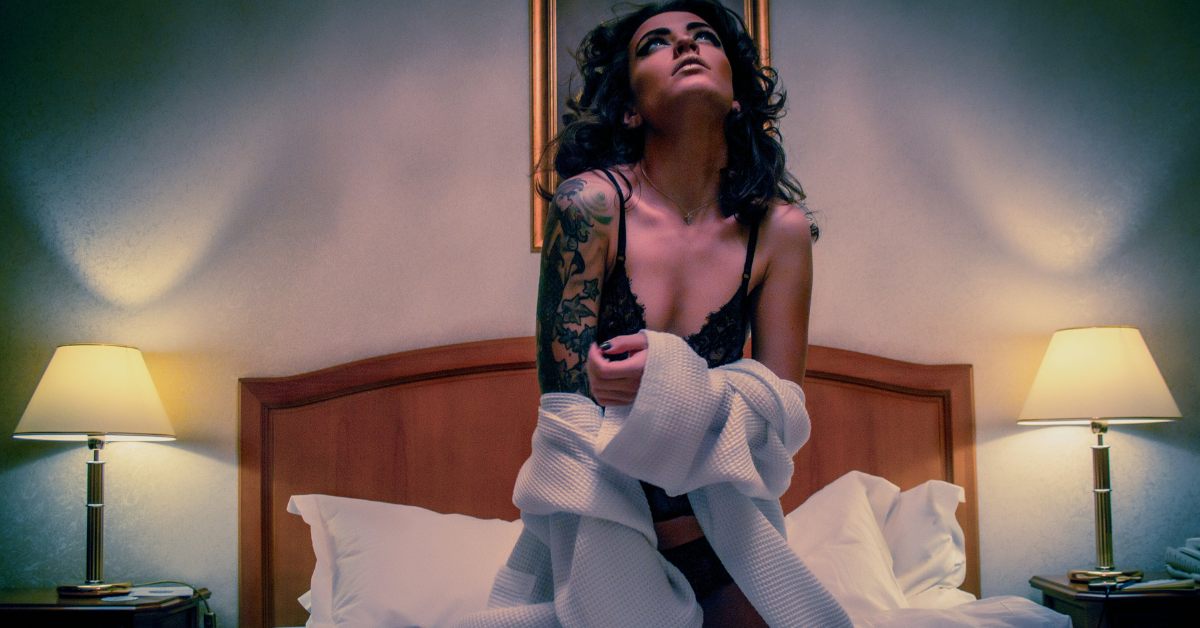The Rise of Influencers in the Fashion Industry
In the not-so-distant past, fashion was dictated by glossy magazines and high-end designers. But with the dawn of social media, a new breed of tastemakers emerged – influencers. These digital trendsetters have disrupted the industry, captivating audiences with their authenticity and relatability.
Gone are the days when fashion was exclusive to elite circles; influencers have democratized style, making it accessible to all. Their curated feeds showcase a mix of high-end couture and fast-fashion finds, inspiring millions worldwide.
What sets influencers apart is their ability to forge personal connections with followers. Through engaging content and real-life storytelling, they establish trust and credibility that traditional advertising struggles to match.
As brands increasingly turn to influencers as key marketing partners, collaborations blossom like never before. This symbiotic relationship between creators and labels has revolutionized how products are promoted and consumed in the digital age.
The Power of Social Media for Influencers and Brands
Social media has revolutionized the way influencers and brands connect with their audience. Platforms like Instagram, TikTok, and YouTube have become virtual runways for showcasing the latest fashion trends. Influencers can now reach millions of followers instantly, creating a direct line of communication between consumers and brands.
The power of social media lies in its ability to create authentic connections. Influencers can engage with their audience in real-time, sharing personal insights into their style choices and favorite products. This authenticity resonates with followers who value transparency and relatability.
For brands, social media offers a cost-effective way to target specific demographics and track the success of marketing campaigns in real-time. By partnering with influencers who align with their brand values, companies can tap into new markets and increase brand awareness.
In today's digital age, social media has leveled the playing field in the fashion industry. It's no longer just about high-end designers dictating trends; everyday people are now influencing what's hot and what's not. The democratization of fashion through social media has given rise to a more diverse range of styles and voices within the industry.
The Impact on Traditional Fashion Media
Traditional fashion media, once the primary source for trends and style inspiration, is now facing a shift in influence. With the rise of social media and influencers, consumers are turning to real people rather than traditional magazines or runway shows for fashion guidance.
The impact on traditional fashion media is evident in the way brands are reallocating their marketing budgets towards collaborations with popular influencers. Instead of relying solely on editorials or print ads, brands are leveraging influencer partnerships to reach a wider audience in a more authentic way.
This shift has led to changes in how traditional fashion media operates. Magazines and newspapers are now incorporating digital strategies like social sharing and online content creation to stay relevant in an increasingly digital world.
While traditional fashion media still holds weight within the industry, it's clear that social media and influencer culture have reshaped the landscape by providing more accessible and relatable content for consumers seeking style inspiration.
Trends and Strategies for Influencer Marketing in the Fashion World
In the fast-paced world of fashion, staying ahead of trends is crucial for influencer marketing success. One key strategy is leveraging micro-influencers who have a niche following and higher engagement rates. By partnering with these influencers, brands can reach a more targeted audience effectively.
Another trend gaining traction is authenticity - followers crave genuine connections with influencers who align with their values. Transparency in sponsored content is vital to maintaining trust and credibility among audiences.
Collaborating on limited-edition collections or exclusive launches can create buzz around a brand and drive sales. Additionally, harnessing user-generated content from loyal followers helps build community and strengthens brand loyalty.
Utilizing data analytics to track performance metrics and ROI is essential for refining strategies and maximizing impact. Adapting to changing algorithms on social media platforms ensures visibility amidst evolving trends in the digital landscape.
By adapting these trends and implementing strategic approaches, brands can navigate the ever-evolving fashion industry successfully through influencer marketing initiatives.
The Controversies Surrounding Influencer Culture
The rapid rise of influencer culture in the fashion industry has not been without its fair share of controversies. One prevalent issue is the authenticity of sponsored content, with many influencers facing scrutiny for promoting products that they may not genuinely use or believe in.
Another hot topic is the lack of diversity among influencers, with calls for more representation from marginalized communities often surfacing on social media platforms. Some argue that influencer marketing perpetuates unrealistic beauty standards and exacerbates consumerism.
Moreover, there have been instances where influencers have faced backlash for inappropriate behavior or insensitive comments. The blurred lines between personal opinions and sponsored content can sometimes lead to misunderstandings and public relations crises.
Despite these challenges, influencer culture continues to evolve and adapt to changing dynamics in the digital sphere. It remains a powerful force shaping consumer behavior and driving trends in the fashion landscape.
The Future of Fashion and Social Media Collaboration
As social media continues to evolve and shape the fashion landscape, collaboration between influencers and brands will only grow stronger. The future of fashion lies in the hands of these digital trendsetters who have the power to influence consumer behavior and drive industry trends. By leveraging social media platforms effectively, both influencers and brands can create meaningful connections with their audiences, ultimately reshaping the way we perceive and engage with fashion. As technology advances and new platforms emerge, the possibilities for innovation within this dynamic space are endless. Fashion and social media collaboration is not just a trend; it's a transformative force that is here to stay, redefining the very essence of style in our digital age.
















Article Comments
What's on your mind? Leave a Comment.